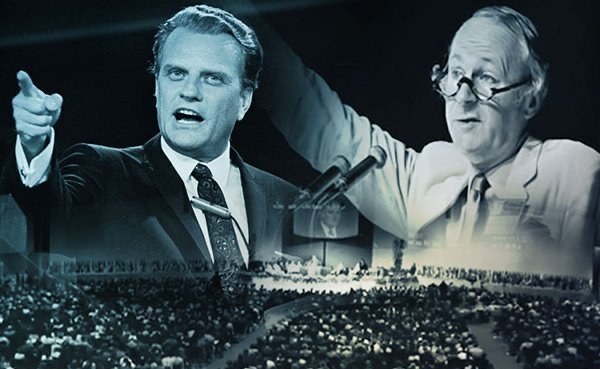Lausanne and the Evangelization of the World
Recently thousands of Christians from 200 nations gathered in Seoul, Korea for the fourth Lausanne Congress. The first Congress in 1974 was initiated by Billy Graham and led by John Stott.
Lausanne’s founding purpose was to promote “world evangelization.” But fifty years later, Ed Stetzer asks if the Lausanne movement is losing its focus on evangelism. Stetzer reminds us, that Lausanne has always had a tension between “prioritism” (priority of evangelism) and “integralism” (evangelism as one part of holistic mission).
In 1966 Stott held that “the commission of the Church ... is not to reform society, but to preach the Gospel.” But the 1960s were a time of great social ferment and within just a few years Stott concluded that social action was an integral part of the Great Commission, that it includes a mandate to reform society by political means.
Stott drew on John’s account of Jesus telling his disciples that as his Father had sent him, so he was sending them. Just as Jesus’ mission had involved caring for people’s bodies, as well as their souls, so should that of the church.
Stott wrote, “It is our duty to be involved in socio-political action; that is, both in social action (caring for society’s casualties) and in political action (concerned for the structures of society itself).”
Billy Graham wanted Lausanne to stick to evangelism and mission as traditionally understood. But Stott threatened to resign from the committee if Graham’s vision for the movement prevailed. Stott won the day.
Lausanne embraced the view that evangelism and social action are “two blades of a pair of scissors or two wings of a bird”.
In 1974, John Stott led a revolution in our understanding of the Great Commission. Is it any wonder then, that 50 years later, the evangelization of the world is only one of many agendas pursued by the Lausanne movement?


